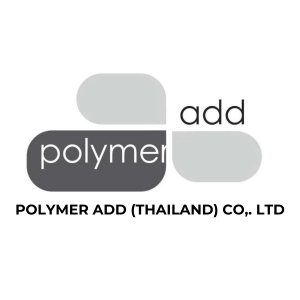Sucrose benzoate is used in hot melt adhesive formulations as a plasticizer and viscosity modifier. Hot melt adhesives (HMAs) are thermoplastic adhesives that are typically applied in a molten state and then solidify upon cooling to form a strong bond.
Typical uses of Sucrose Benzoate
Plasticization
Sucrose benzoate can act as a plasticizer in hot melt adhesive formulations, improving the flexibility and elongation properties of the adhesive. This helps to prevent the adhesive from becoming brittle over time and enhances its ability to withstand stress and movement.
Viscosity Modification
Sucrose benzoate can also serve as a viscosity modifier in hot melt adhesives, controlling the flow and application characteristics of the molten adhesive. By adjusting the viscosity, sucrose benzoate can help achieve the desired adhesive thickness and coverage during application.
Compatibility
Sucrose benzoate is compatible with many polymers commonly used in hot melt adhesive formulations, such as ethylene vinyl acetate (EVA), styrene-butadiene-styrene (SBS), and polyethylene. Its compatibility allows for easy incorporation into adhesive formulations without causing phase separation or other compatibility issues.
Improved Adhesion
The addition of sucrose benzoate can improve the adhesion properties of hot melt adhesives, promoting stronger bonds between substrates. This can be particularly beneficial for applications where strong, durable bonds are required.
Overall, sucrose benzoate can be a valuable additive in hot melt adhesive formulations, contributing to improved performance, flexibility, and adhesion properties.
